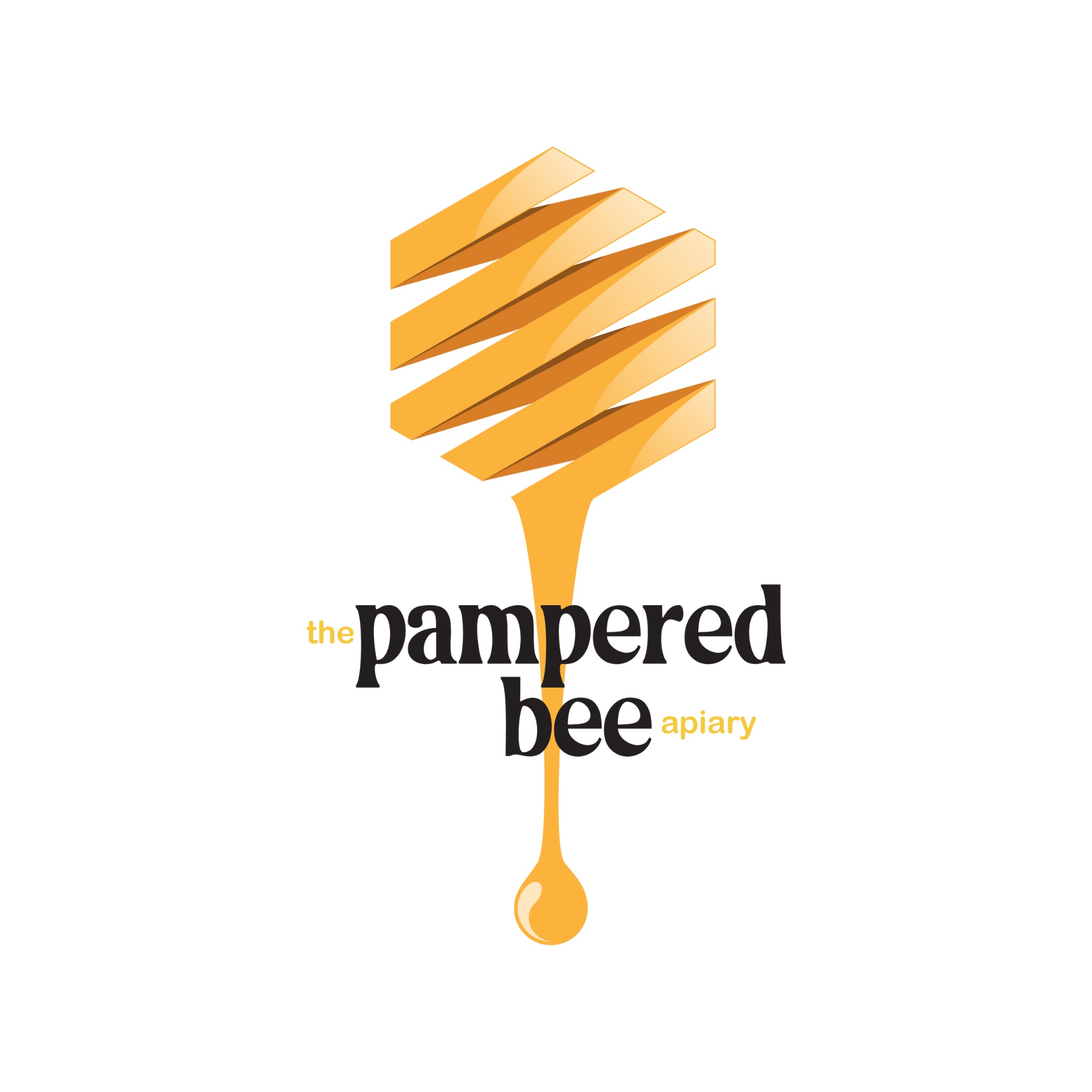The Role of Beekeeping in Local Communities
- The Pampered Bee Apiary

- Jun 16, 2025
- 4 min read
Beekeeping, also known as apiculture, is not just about honey harvesting. It plays a crucial role in local communities, offering benefits that extend far beyond sweet treats. As more people recognize the importance of bees in our ecosystem, the practice of beekeeping has gained traction. This blog post aims to explore how beekeeping enhances local economies, supports agriculture, and fosters community engagement.
Beekeeping: An Economic Booster
One of the primary roles of beekeeping in local communities is its positive impact on the economy. Local beekeepers contribute to the economy through several channels:
Honey Production: The demand for local, raw honey continues to rise. Beekeepers can sell honey directly to consumers at farmers' markets, local stores, and on their websites. For example, local honey can command prices ranging from $5 to $20 per jar, depending on quality and market conditions.
Pollination Services: Bees are essential pollinators, supporting the growth of various crops in local agriculture. Beekeepers can rent their hives to farmers, providing a vital service that enhances crop yields. Estimates show that one-third of the food we consume relies on pollination, with honeybees accounting for a significant portion of it.
Job Creation: Beekeeping can also lead to job creation. As the industry grows, positions in beekeeping, honey production, and apiary management become available. Local businesses, such as shops and restaurants, benefit from the increased traffic due to local beekeepers' activities.

Community Building Through Beekeeping
Beekeeping also fosters a sense of community among individuals and families. Engaging in this practice nurtures connections through educational opportunities and collaborative efforts. Here are some ways beekeeping helps build community bonds:
Educational Workshops: Beekeepers often hold workshops or classes to educate others about beekeeping. These events increase awareness of the role bees play in the ecosystem and encourage sustainable practices. This knowledge sharing helps create a supportive community where individuals can learn from each other.
Community Hives: In many towns, groups establish community hives, allowing people to collectively manage hives and share the harvests. This initiative not only promotes the sharing of resources but also creates a space for collaboration and teamwork.
Local Events: Festivals and fairs dedicated to bees and beekeeping serve as fun, engaging events that promote local culture. Residents come together to celebrate honey, bees, and biodiversity, further strengthening community ties.

Environmental Benefits of Beekeeping
Beekeeping provides significant environmental benefits, contributing to biodiversity and ecosystem health. Bees are vital pollinators, and their work helps maintain the balance of local ecosystems. Here are some environmental impacts of beekeeping:
Increased Biodiversity: Beekeeping encourages the presence of various plant species, which rely on bees for pollination. This diversity is crucial for maintaining healthy ecosystems as it ensures that habitats can support a range of species.
Sustainable Practices: Many beekeepers adopt sustainable practices, such as organic farming methods, which promote environmental health. These methods can minimize the use of harmful pesticides and encourage soil health.
Awareness of Environmental Issues: Beekeeping raises awareness of ecological issues, such as habitat loss and pesticide use, among the general public. When communities participate in beekeeping, they become more invested in preserving their environment.

Beekeeping as a Source of Nutrition
In addition to the economic and environmental aspects, beekeeping contributes to community health and nutrition. Honey and other bee products offer numerous health benefits:
Nutritional Value: Honey is a natural sweetener rich in vitamins and minerals. It also contains antioxidants that can help boost the immune system. Using local honey can also mitigate allergy symptoms, as it contains local pollen.
Sustainability of Food Sources: By promoting local food systems, beekeeping supports sustainable eating practices. Residents who consume local honey tend to be more connected to their food sources and appreciate the importance of supporting local farmers and producers.
New Markets for Diverse Products: Beyond honey, beekeeping introduces a range of products, such as beeswax, propolis, and royal jelly. Local entrepreneurs can create a market around these products, further diversifying the food economy.
By encouraging healthier eating habits and fostering a connection to local food, beekeeping contributes to the overall well-being of communities.
Cultivating Future Beekeepers
Looking ahead, it is crucial to encourage new generations of beekeepers to ensure the longevity of this essential practice. Here are some methods to engage youth and promote beekeeping:
School Programs: Schools can include beekeeping in their curriculum, helping students learn about ecology, agriculture, and entrepreneurship. Hands-on experiences, like maintaining a hive, can spark interest in beekeeping and environmental stewardship.
Mentorship and Support: Experienced beekeepers can offer mentorship and workshops to aspiring beekeepers. Organizations can create programs to support individuals interested in starting their own hives with resources and guidance.
Community Support: Establishing beekeeping clubs or associations can connect young beekeepers with peers and mentors. With a supportive network, new beekeepers can access valuable knowledge and resources that encourage their success in the field.
By investing in the future of beekeeping, communities can ensure that this vital tradition continues to thrive.
By embracing the diverse roles that beekeeping plays, local communities can significantly enhance their economies, foster social connections, and support environmental sustainability. Moreover, beekeeping stands as a bridge connecting our past with our future—one buzz at a time. For those interested in starting their own beekeeping journey, sites like bee keeper charlotte nc offer helpful resources to get started.
Create a buzz in your neighborhood today and be part of the amazing world of beekeeping!








Comments